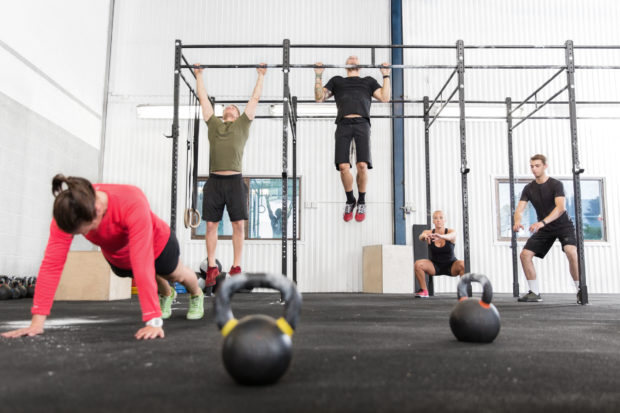
Image: Istock/kjekol via AFP Relaxnews
New American research has found that copying friends’ successful methods for working out could encourage people to work out more themselves and achieve their fitness goals.
Carried out by researchers at the University of Pennsylvania, the new study set out to investigate whether the “copy-paste” prompt — which is when an individual looks for and mimics a goal-achievement strategy used by someone they know — could increase the amount of time that someone spends exercising.
The researchers recruited 1,028 participants and asked them how many hours they spent exercising in the last week. They then randomly assigned them to one of three conditions, including a copy-paste prompt condition in which participants were asked to learn — either by observing or by directly asking — about an effective strategy that someone they know uses to increase their motivation to exercise.
In the second group, the participants were asked to just “get ready to learn a new strategy to motivate you to exercise,” while the third group simply acted as a control group.
The findings, published in the Journal of the Association for Consumer Research, showed that the participants in the copy-paste group spent more time exercising the following week than participants assigned to either of the other groups.
The researchers explain that copy-paste prompts may be more effective than other methods for helping us to achieve our goals because we find behaviors more appealing when we learn them from observation, and learning from someone else increases a person’s expectations of their own abilities and their likelihood of using the information they have learned.
Copy-paste prompts “are easy to implement, virtually costless and widely applicable with the potential to improve outcomes ranging from healthy eating to academic success,” add the authors.
“It may be that once a consumer learns to copy-paste in one domain (e.g., exercise), she will be able to apply this technique in a way that improves many other outcomes (e.g., retirement savings).” IB
RELATED STORIES:
We may eat more when we’re with family or friends, says study
Personality trait called ‘planfulness’ could predict how often you exercise, says study